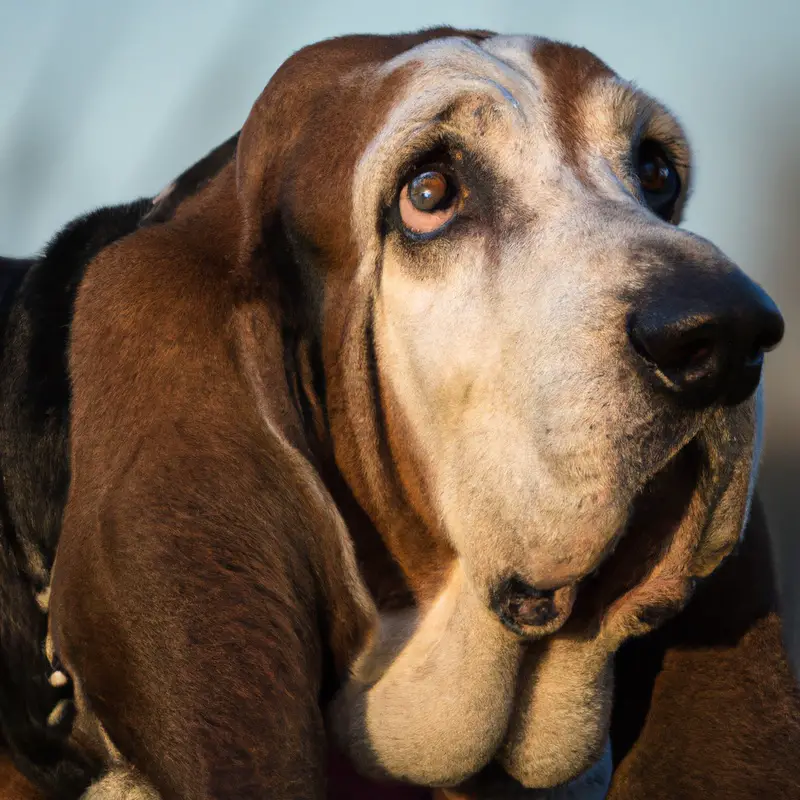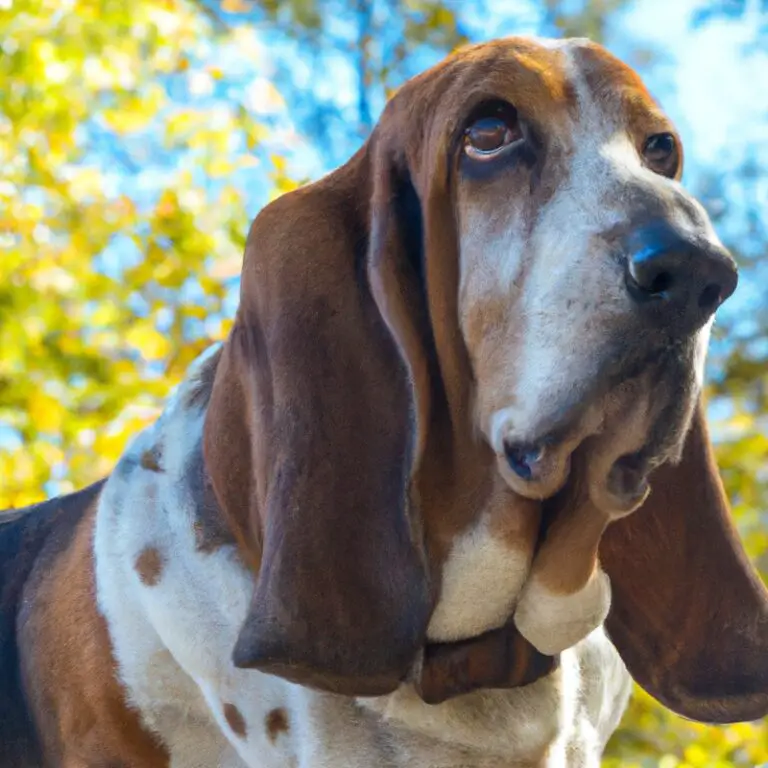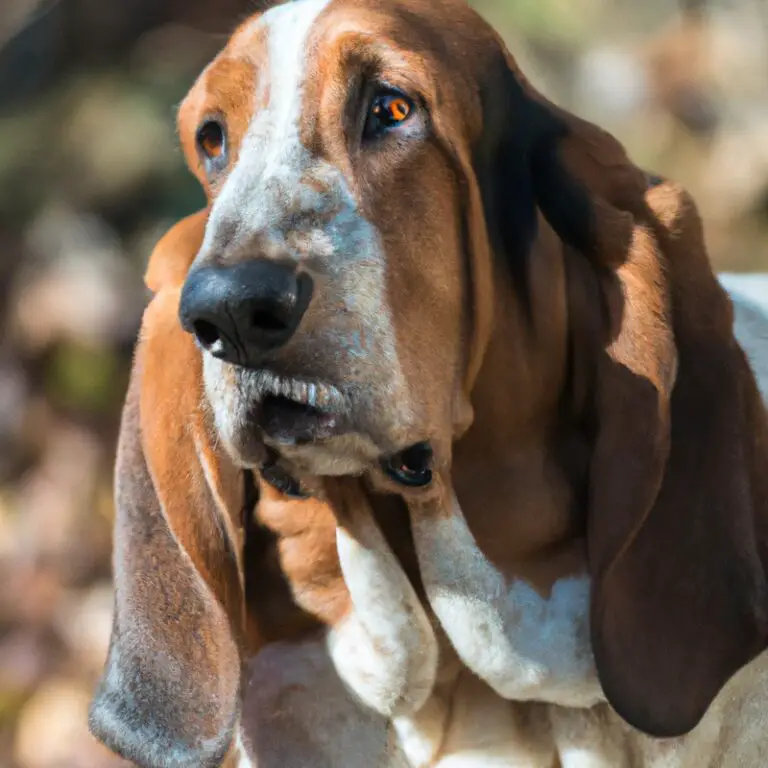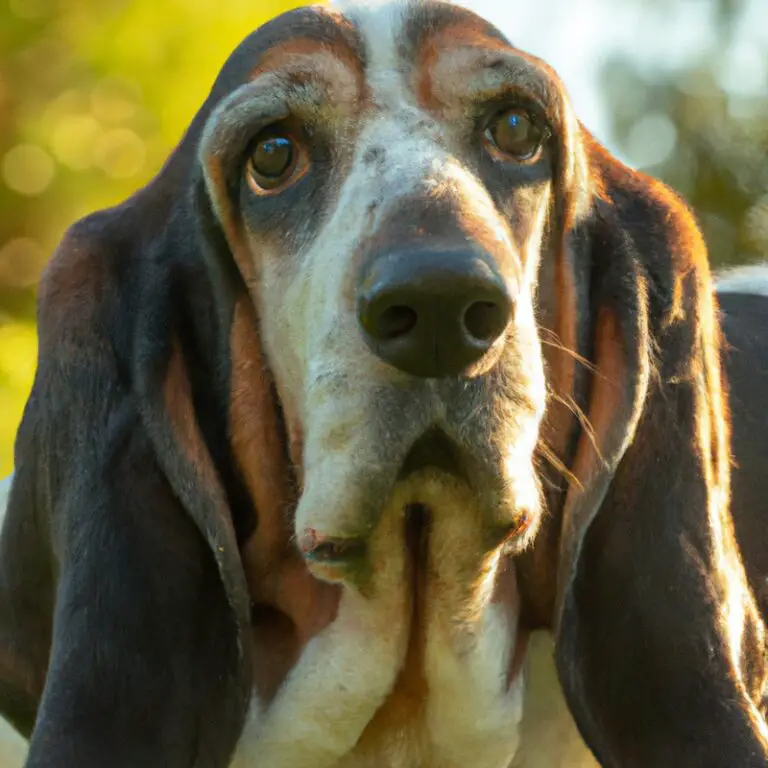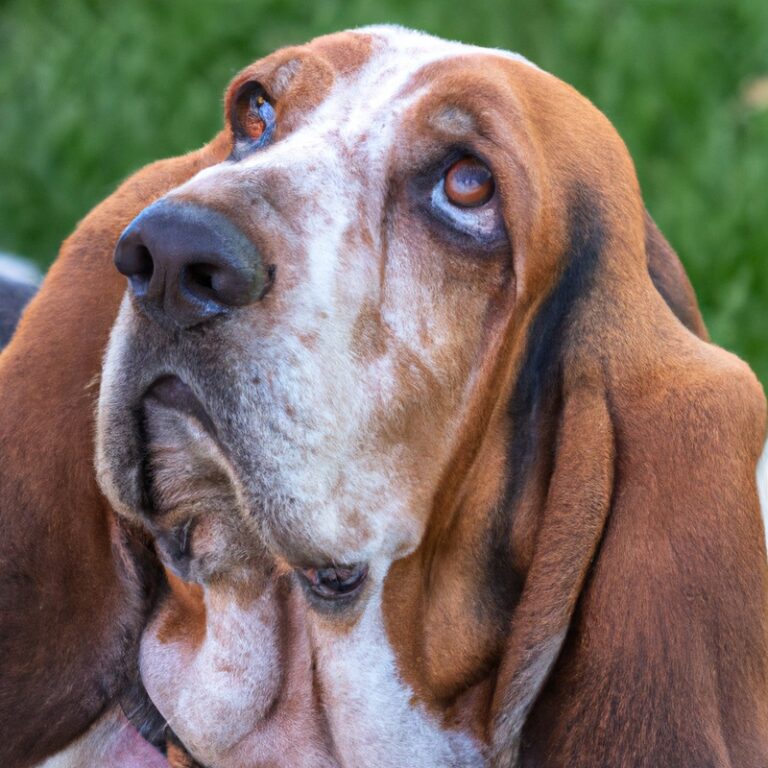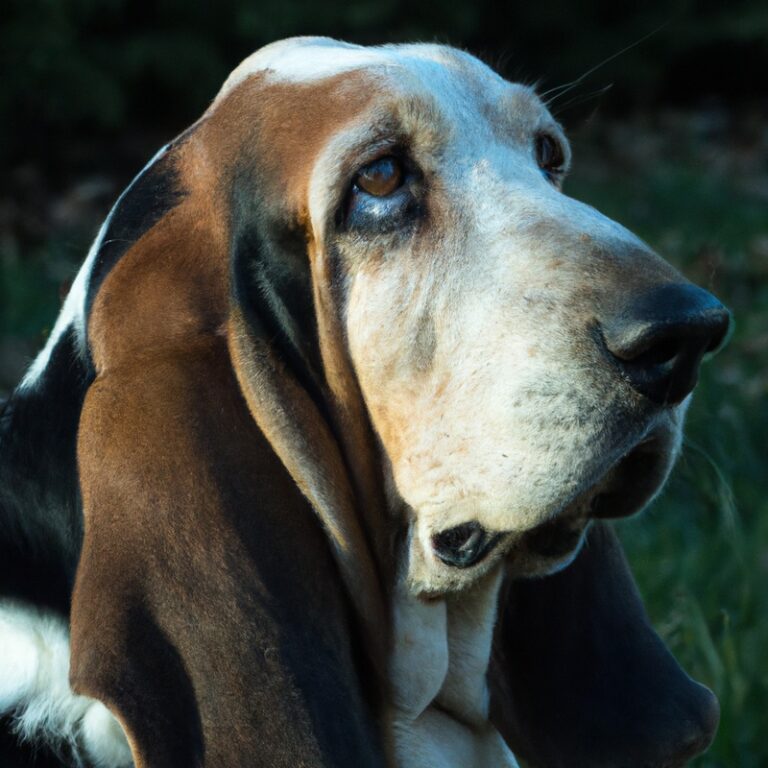Can Basset Hounds Be Trained For Obedience Competitions?
Key Takeaways:
- Basset Hounds can be trained for obedience competitions with patience and consistent training.
- Their natural stubbornness and scent-driven instincts can make training more challenging for Basset Hounds.
- Early socialization and positive reinforcement techniques are key to successful obedience training with Basset Hounds.
- Basset Hounds may not excel in every aspect of obedience competitions, but with proper training, they can still participate and perform well in certain areas.
Are you a proud Basset Hound owner, wondering if your lovable, droopy-eared companion has what it takes to shine in obedience competitions?
Well, you’re in the right place! As an expert in dog training, I’m here to tell you that Basset Hounds absolutely can be trained for obedience competitions.
Their unique characteristics and temperament may present some challenges, but with the right approach and a lot of patience, you can turn your Basset Hound into a champion.
In this article, we’ll explore the history and traits of the Basset Hound, discuss their trainability, and provide you with tips and advice for successfully training your furry friend.
So, strap in and get ready to discover the world of Basset Hound obedience competitions!
| Yes | No | |
|---|---|---|
| Breed Characteristics | Basset Hounds are intelligent and have a desire to please their owners, making them suitable for obedience training. | Basset Hounds have a strong independent streak and may be more difficult to train compared to other breeds. |
| Temperament | Basset Hounds are generally friendly and eager to please, which can make them trainable for obedience competitions. | Basset Hounds can have a stubborn streak and may become easily distracted, making obedience training challenging. |
| Physical Abilities | Basset Hounds have the physical ability to participate in obedience competitions and can excel in tasks such as sit, stay, and heel. | Basset Hounds have a low energy level and may not have the stamina or endurance required for some obedience competition tasks. |
| Training Methods | Basset Hounds respond well to positive reinforcement and reward-based training methods, which can be effective for obedience competitions. | Basset Hounds may require more patience and consistency in training due to their independent nature. |
| Success Rates | Basset Hounds can be successful in obedience competitions with proper training, dedication, and consistent practice. | Basset Hounds may have lower success rates compared to more obedient and easily trainable breeds. |
Understanding the Basset Hound Breed
History and Characteristics of Basset Hounds
Basset Hounds have a fascinating history dating back to 6th-century France, where they were bred for hunting small game like rabbits. Known for their long ears and drooping eyes, Bassets have a distinctive appearance.
Their low-slung bodies and short legs make them slow but determined trackers.
Bassets are friendly, patient, and affectionate dogs, making them great companions for families and individuals alike. Their laid-back nature also makes them prone to obesity, so a balanced diet and regular exercise are essential for their well-being.
Bassets are known for their excellent sense of smell and their distinctive bay, which they use to communicate while on a hunt.
Temperament and Trainability of Basset Hounds
Basset Hounds are known for their friendly and gentle temperament. They are generally calm, patient, and sociable dogs.
Due to their independent nature, they may display stubbornness during training.
However, with consistent and positive training methods, Basset Hounds can be trained successfully. It’s important to keep training sessions engaging and fun, as they can easily become bored.
Patience and reinforcement through treats and praise are key to achieving obedience.
Basset Hounds respond well to patient and consistent training methods, making them trainable for obedience competitions.
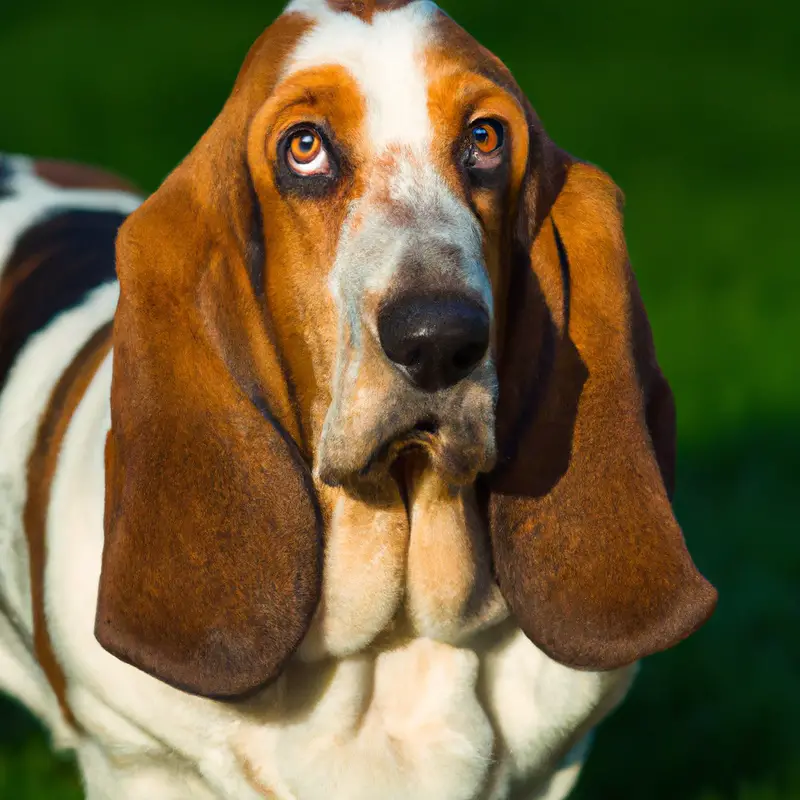
Training a Basset Hound for Obedience Competitions
Basic Obedience Training for Basset Hounds
Basic obedience training for Basset Hounds is essential for their development and well-being. Here are some key aspects to focus on:
- Start with basic commands: Teach your Basset Hound commands like sit, stay, come, and lie down. Use positive reinforcement techniques, such as treats or praise, to encourage good behavior.
- Leash training: Bassets can be strong pullers, so leash training is crucial. Teach them to walk calmly on a leash, using consistent commands and rewards.
- Socialization: Basset Hounds tend to be social dogs, but early socialization is still important. Introduce them to different people, animals, and environments to develop good social skills.
- Housetraining: Consistency is key when it comes to housetraining Basset Hounds. Establish a routine, take them outside regularly, and reward them for going to the bathroom outside.
- Address behavioral issues: Bassets can be stubborn, but patience and consistency will help overcome any behavioral challenges. Seek professional help if needed.
Remember, each Basset Hound is unique, so adjust your training approach to suit their individual needs. With time, patience, and positive reinforcement, your Basset Hound can become a well-behaved and obedient companion.
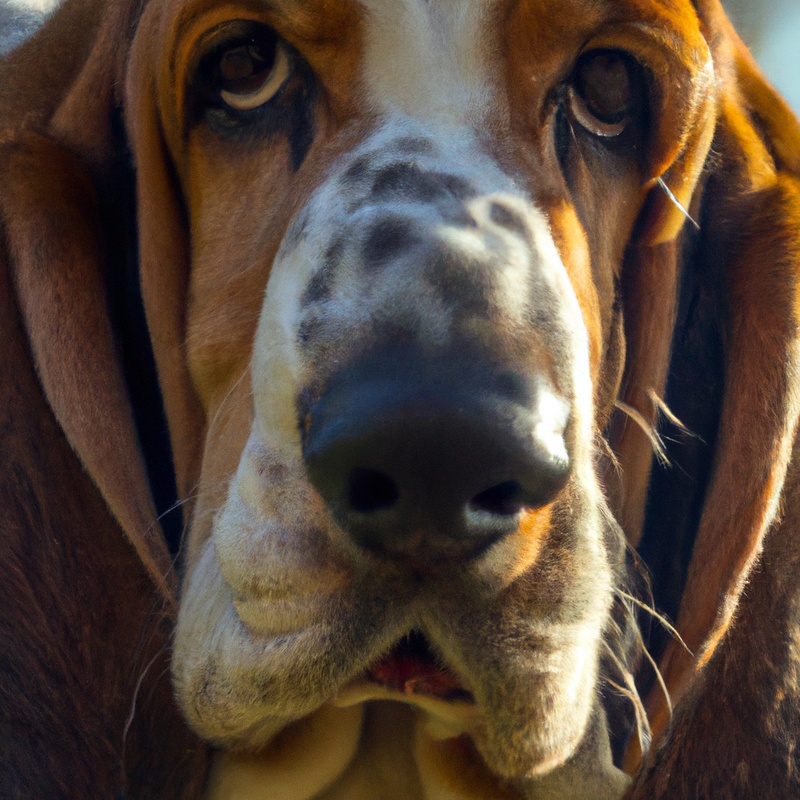
Advanced Obedience Training for Basset Hounds
Advanced obedience training for Basset Hounds involves building on the basic training foundation. It focuses on refining commands, improving response time, and increasing distraction levels.
Some key areas to focus on include off-leash reliability, advanced commands like “stay” and “leave it,” and proofing the dog’s obedience around distractions.
It’s important to continue using positive reinforcement techniques and to practice regularly to maintain and strengthen the training. Consistency and patience are key in achieving success in advanced obedience training for Basset Hounds.
Specific Challenges and Considerations for Training Basset Hounds
Training Basset Hounds for obedience competitions can present some unique challenges and considerations. Here are a few things to keep in mind when working with this breed:
- Their independent nature: Basset Hounds are known for being independent thinkers, which can make training more challenging. Patience and consistency are key.
- Slow learning pace: Bassets can take longer to learn new commands compared to some other breeds. It’s important to break down training sessions into shorter, more frequent sessions to accommodate their slower learning pace.
- Stubbornness: Basset Hounds can be stubborn at times, so it’s important not to become frustrated. Using positive reinforcement techniques, such as treats and praise, can help motivate them.
- Scent-driven distractions: Bassets have a strong sense of smell and can easily become distracted by scents during training. It’s important to find a quiet and controlled environment to minimize distractions.
- Physical limitations: Due to their long backs and short legs, Bassets may have physical limitations when it comes to certain exercises. It’s important to take their physical abilities into consideration and adjust training accordingly.
Remember, despite these challenges, training a Basset Hound for obedience competitions can be a rewarding experience. With patience, consistency, and positive reinforcement, you can help your Basset reach their full potential.
Tips for Successful Training
Start Early and Be Consistent
Start early when training your Basset Hound for obedience competitions.
The earlier you begin training, the better chance you have of establishing good behaviors and habits.
Consistency is key throughout the training process.
Be consistent with your commands, reward system, and expectations.
This will help your Basset Hound understand what is expected of them and reinforce positive behavior.
Use Positive Reinforcement Techniques
Positive reinforcement techniques are highly effective when training Basset Hounds for obedience competitions.
By using rewards such as treats, praise, and playtime, you can motivate your dog to learn and perform desired behaviors.
Start by identifying your dog’s favorite rewards and use them consistently during training sessions.
Always reward your Basset Hound immediately after they demonstrate the desired behavior.
Consistency and patience are key.
With positive reinforcement, you can create a positive and enjoyable training experience for both you and your Basset Hound.
Patience and Persistence are Key
Patience and persistence are essential when training a Basset Hound.
These dogs can be stubborn and independent at times, so it’s important to stay calm and consistent.
Training sessions may take longer than expected, but with patience, your Basset Hound will eventually understand and respond to your commands.
Remember to reward their progress with praise and treats.
Be persistent in your training efforts, and don’t give up easily.
Consistency and perseverance will lead to success in training your Basset Hound for obedience competitions.
Preparing for Obedience Competitions
Finding a Qualified Trainer or Club
To find a qualified trainer or club for your Basset Hound’s obedience training, you can start by asking for recommendations from other dog owners or your veterinarian. Look for trainers who have experience working with hound breeds and a strong background in obedience training.
Visit training facilities or observe classes to see if the trainers use positive reinforcement methods.
Ensure that they have a good understanding of Basset Hound-specific training challenges and are committed to helping you and your dog succeed in obedience competitions.
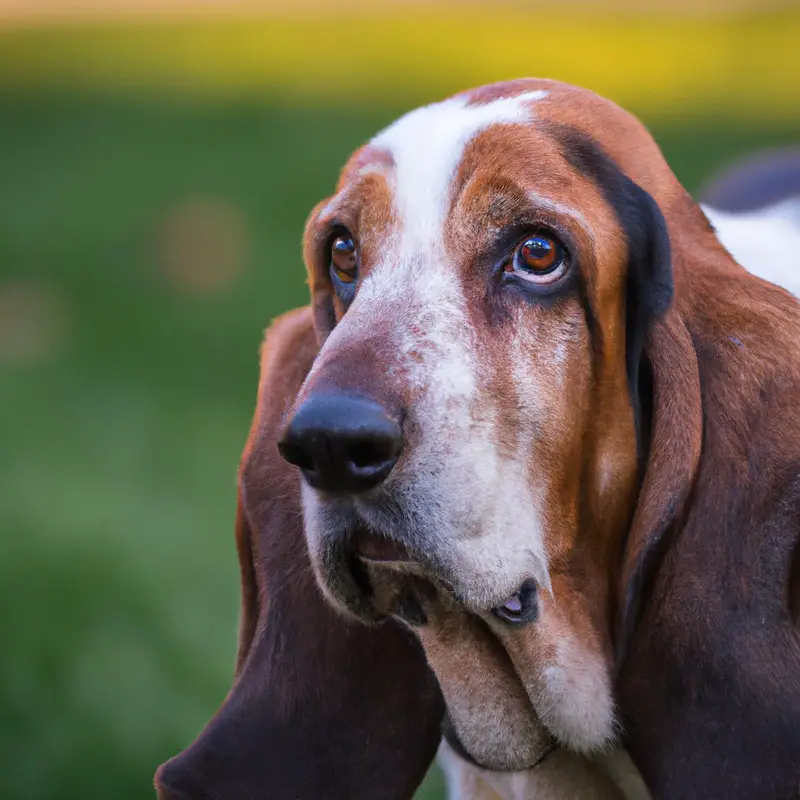
Training Equipment and Tools
When it comes to training equipment and tools for your Basset Hound, there are a few things you’ll want to have on hand.
Firstly, a sturdy leash and collar are essential for teaching your dog basic commands and maintaining control during training sessions.
Additionally, a clicker can be a useful tool for marking desired behaviors and reinforcing positive associations.
Treat pouches are also handy for easy access to rewards during training.
Lastly, consider investing in interactive toys or puzzle games to keep your Basset Hound mentally stimulated and engaged.
By incorporating these tools into your training routine, you’ll be well-equipped to help your Basset Hound succeed in obedience competitions.
Practicing and Polishing Skills
Practicing and polishing skills is an essential part of training a Basset Hound for obedience competitions. Repetition is key when it comes to reinforcing commands and behaviors.
Consistent training sessions will help your dog become more proficient in responding to your cues.
Consider incorporating the following strategies:
- Practice in different environments: Train your Basset Hound in various locations to ensure they can perform reliably in different settings.
- Gradually increase distractions: Introduce distractions gradually during training sessions to teach your dog to remain focused and obedient even in challenging situations.
- Set realistic goals: Break down complex behaviors into smaller achievable tasks to keep your training sessions productive and rewarding.
- Maintain positive reinforcement: Continue to use positive reinforcement techniques, such as treats and praise, to motivate and reward your Basset Hound during practice sessions.
By consistently practicing and polishing their skills, you can improve your Basset Hound’s performance in obedience competitions.
Common Mistakes to Avoid
Using Harsh Training Methods
Using harsh training methods on Basset Hounds is highly discouraged. These dogs are sensitive and respond much better to positive reinforcement techniques.
Harsh methods such as shouting, physical punishment, or using intimidating devices can lead to fear, anxiety, and even aggression in the dog.
It is important to create a safe and trusting environment for your Basset Hound during training. Positive reinforcement, consistency, and patience are key to achieving successful obedience training.
Neglecting Mental Stimulation
Neglecting mental stimulation for your Basset Hound can hinder their overall development and happiness. These intelligent and curious dogs require mental exercise to stay engaged and avoid boredom.
Without it, they may become destructive or exhibit behavioral issues.
Providing puzzle toys, interactive games, and training sessions not only enriches their minds but also strengthens the bond between you and your Basset Hound. So, make sure to include mental stimulation activities in their daily routine for a well-rounded and content furry friend.
Inconsistency in Training
Inconsistency in training can greatly hinder your Basset Hound’s progress.
It’s important to establish a consistent routine and stick to it.
Avoid skipping training sessions or changing the rules.
Your Basset Hound needs clear and consistent guidance to understand what is expected of them.
Inconsistency can lead to confusion and frustration, making it harder for your dog to learn and perform well in obedience competitions.
Stay dedicated and consistent in your training efforts for the best results.
The Benefits of Training a Basset Hound for Obedience Competitions
Strengthening the Bond with Your Basset Hound
Strengthening the bond with your Basset Hound is all about spending quality time together.
Regular exercise and playtime help build a strong connection.
Take them for long walks or engage in interactive games like fetch.
Grooming sessions can also be a bonding experience.
Providing mental stimulation through training and puzzle toys keeps them engaged and strengthens your bond.
Additionally, showing love and affection, establishing routines, and being a consistent and patient companion will foster a deep and lasting connection with your Basset Hound.
Mental and Physical Exercise for Basset Hounds
Basset Hounds require both mental and physical exercise to stay happy and healthy.
To keep their minds sharp, I recommend providing them with puzzle toys or treat-dispensing toys.
Taking them on daily walks or providing them with a secure, fenced-in area to roam around can help meet their physical exercise needs.
Playing interactive games like fetch or hide-and-seek can also provide mental and physical stimulation.
Regular exercise will ensure that your Basset Hound remains physically fit and mentally engaged.
Opportunities for Socialization
Opportunities for socialization are essential for a well-rounded Basset Hound.
It’s important to expose them to various environments, people, and animals from a young age.
This can include visits to dog parks, pet-friendly stores, and attending obedience classes or doggy playdates.
Additionally, introducing your Basset Hound to different sounds, smells, and experiences will help them become more confident and adaptable.
Socialization not only promotes positive behavior but also strengthens their bond with you and improves their overall well-being.
Final Verdict
Basset Hounds can absolutely be trained for obedience competitions.
While they may have a stubborn side, they are intelligent and eager to please their owners.
With proper training techniques, consistency, and patience, Basset Hounds can excel in obedience competitions.
It is important to start training early, use positive reinforcement methods, and provide mental and physical stimulation.
By nurturing their natural abilities and building a strong bond, training a Basset Hound for obedience competitions can be a rewarding experience for both the owner and the dog.

